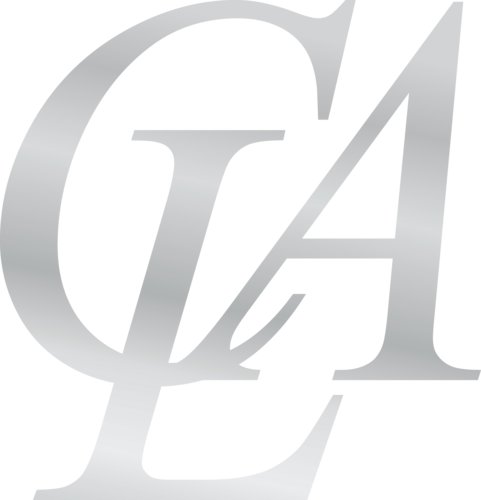E-A-T stands for Expertise, Authority, and Trust, and it’s a concept that has gained significant importance in the world of search engine optimization (SEO). E-A-T is a critical factor in Google’s search algorithm, and it’s used to evaluate the quality, credibility, and relevance of websites and content, especially for YMYL (Your Money or Your Life) topics, such as health, finance, and safety. In this blog, we will explain what E-A-T is, how it impacts your SEO strategy, and offer some new ideas and advice for mastering E-A-T.
Part 1: Understanding E-A-T
E-A-T is a concept that refers to the quality and credibility of websites and content. Here’s what each of the components of E-A-T means:
- Expertise: Expertise refers to the knowledge, skills, and experience that a website or content creator has in a particular field or topic. Expertise is a critical factor for YMYL topics, where inaccurate or misleading information can have serious consequences for users’ health, finances, or safety.
- Authority: Authority refers to the reputation, recognition, and influence that a website or content creator has in a particular field or topic. Authority is based on various factors, such as backlinks, social signals, awards, and testimonials, and it’s an important indicator of the quality and credibility of a website or content.
- Trust: Trust refers to the transparency, accountability, and reliability of a website or content creator. Trust is based on various factors, such as user reviews, privacy policies, security measures, and customer service, and it’s essential for building and maintaining a positive relationship with users.
Part 2: How E-A-T Impacts Your SEO Strategy
E-A-T is a critical factor in Google’s search algorithm, especially for YMYL topics. Google uses E-A-T to evaluate the quality and credibility of websites and content and to ensure that users receive accurate, relevant, and trustworthy information. Here are some ways in which E-A-T impacts your SEO strategy:
- Content Quality: E-A-T requires high-quality, relevant, and original content that meets users’ needs and expectations. To optimize your content for E-A-T, you need to provide accurate, comprehensive, and up-to-date information, cite reliable sources, and avoid misleading or harmful content.
- Backlinks: E-A-T considers the quality, relevance, and authority of backlinks when evaluating and ranking websites. To optimize your backlinks for E-A-T, you need to focus on building high-quality, natural, and relevant backlinks from authoritative and trustworthy sources, such as industry leaders, influencers, and reputable publishers.
- User Experience: E-A-T favors websites that provide users with a seamless and satisfying browsing experience, such as fast loading speed, mobile responsiveness, and easy navigation. To optimize your user experience for E-A-T, you need to focus on creating a user-friendly and accessible website that meets the Web Content Accessibility Guidelines (WCAG) and offers clear and concise content.
Part 3: New Ideas and Advice for Mastering E-A-T
To master E-A-T, you need to focus on providing users with high-quality, relevant, and trustworthy content that meets their needs and expectations. Here are some new ideas and advice for mastering E-A-T:
- Conduct Expert Interviews: Expert interviews are a powerful way to demonstrate your expertise and authority in a particular field or topic. By interviewing industry leaders, influencers, or academics, you can provide users with valuable insights and perspectives that can enhance your credibility and relevance.

